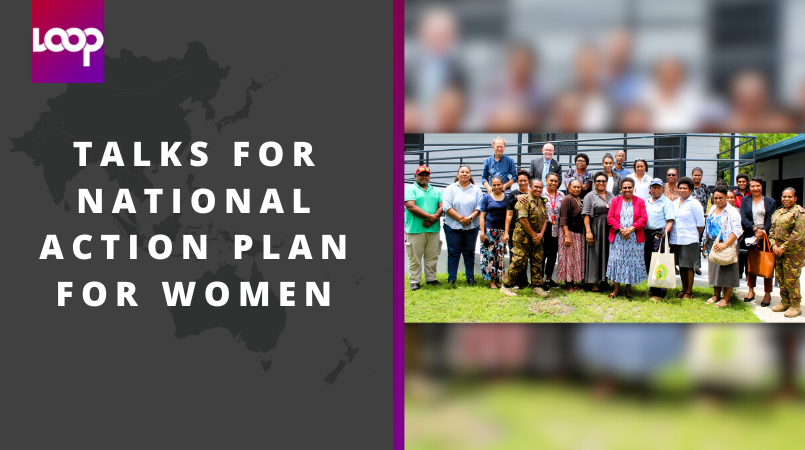
On Sunday, February 18, the ongoing tribal fighting between clans in an area in the Highlands escalated to an ambush and merciless slaughter of people who were reportedly on their way to church in Enga Province.
While tribal conflicts are not new to the Highlands and Papua New Guinea, what is alarming are the factors that have led to the change in the way these conflicts are carried out and how the nation now views them as a norm.
Central Province Governor Rufina Peter has raised concerns about the safety of women, children and youth due to what seems to be a lack of timely assistance from political leaders.
Governor Peter communicated with Ruth Kissam, a community organizer and human rights activist who works to address Sorcery Accusation-Related Violence (SARV) to bring together women and organizations who work in this space to share on the ground experiences to enable her to be an effective voice of the vulnerable in the recent massacre.
“I want to acknowledge Ruth Kissam who took up my call, in enquiring how we could help those women that were affected by the Enga massacre because it’s really important that as a women parliamentarian. I understand the abuse of women on the ground, I say this particularly because what I know and Ruth (Kissam) has mentioned is that, we don’t just represent women in parliament as women parliamentarians but the perspective that we bring on board is a women’s perspective and it comes from our experiences as women,” stated Governor Peter.
Kissam gathered with other women representatives and development partners like the United Nations, and the Institute of National Affairs (INA) to hold a series of panel discussions under the banner of Women and Peace Raun Paia talks.
A program set up by the United States Institute of Peace (USIP) to look at a holistic way to address and assist the security, safety and needs of the women and children victims in areas where tribal conflict and violence is prevalent, leaving many displaced.
“What we have been doing with the Women Peace and Security (WPS) discussions is we realized that the UN has a charter called 1325 a landmark resolution on Women Peace and Security, unfortunately, we don’t have a national action plan in PNG whereas of the 130 countries that have their action plans, some are on their third review, others sixth review right now. The WPS holistic approach how to tackle anything to do
Governor Peter will be the voice used by the women to address the issue on the floor of Parliament.
During the discussions, it was alluded to that the worsening trends of violence in tribal fights are because of several factors one is weaponry which tribes have access to using high-powered rifles. Another factor was hired gunmen rumored to be financed by elite businessman with links to warring tribes. The use of smartphones and social media also speeds up the spreading of information and calls to action with traditional rules of engagement disregarded in this new type of tribal warfare.
Dialogue on the issue of women's security and peace will continue once a month towards the end of each month in the lead up towards ultimately putting together a national plan which will be brought before Parliament.
